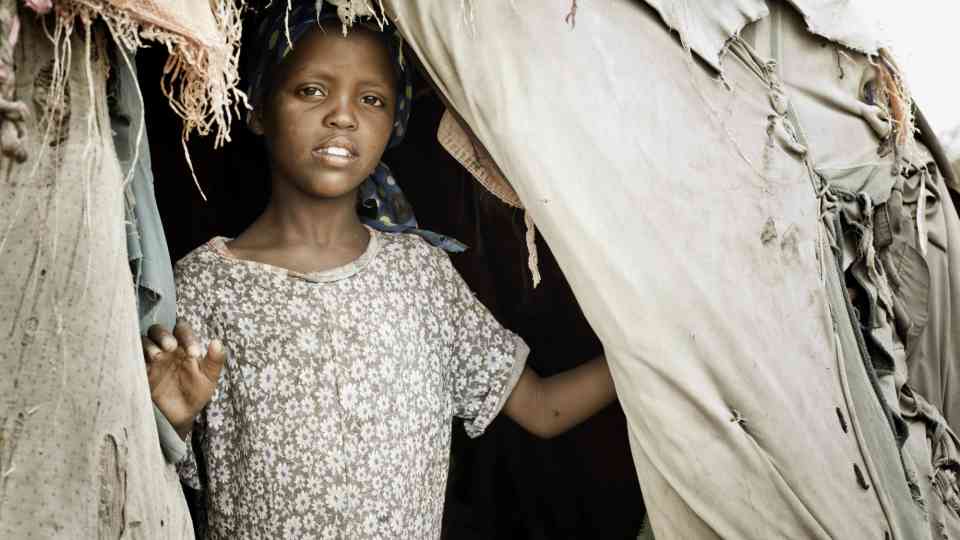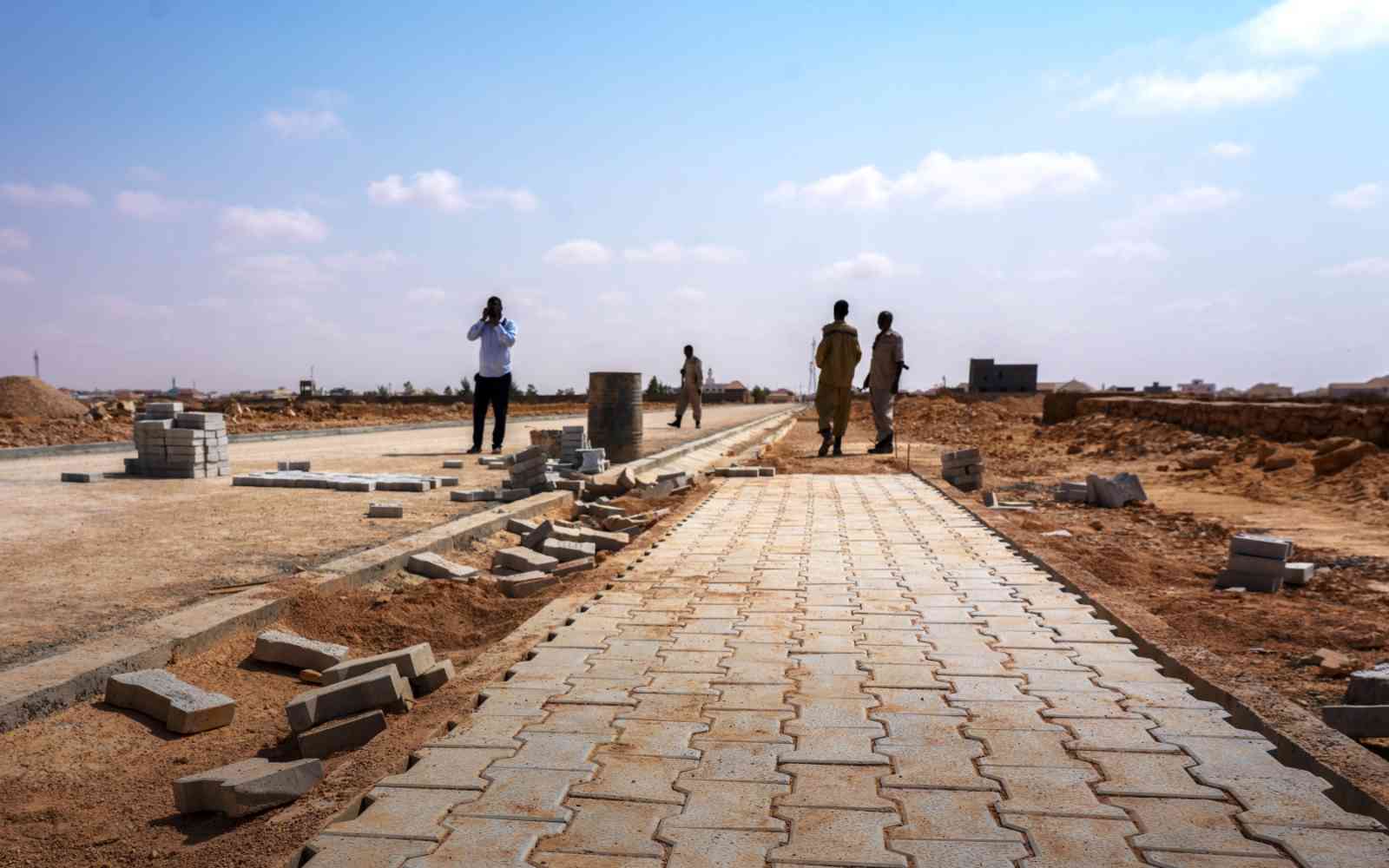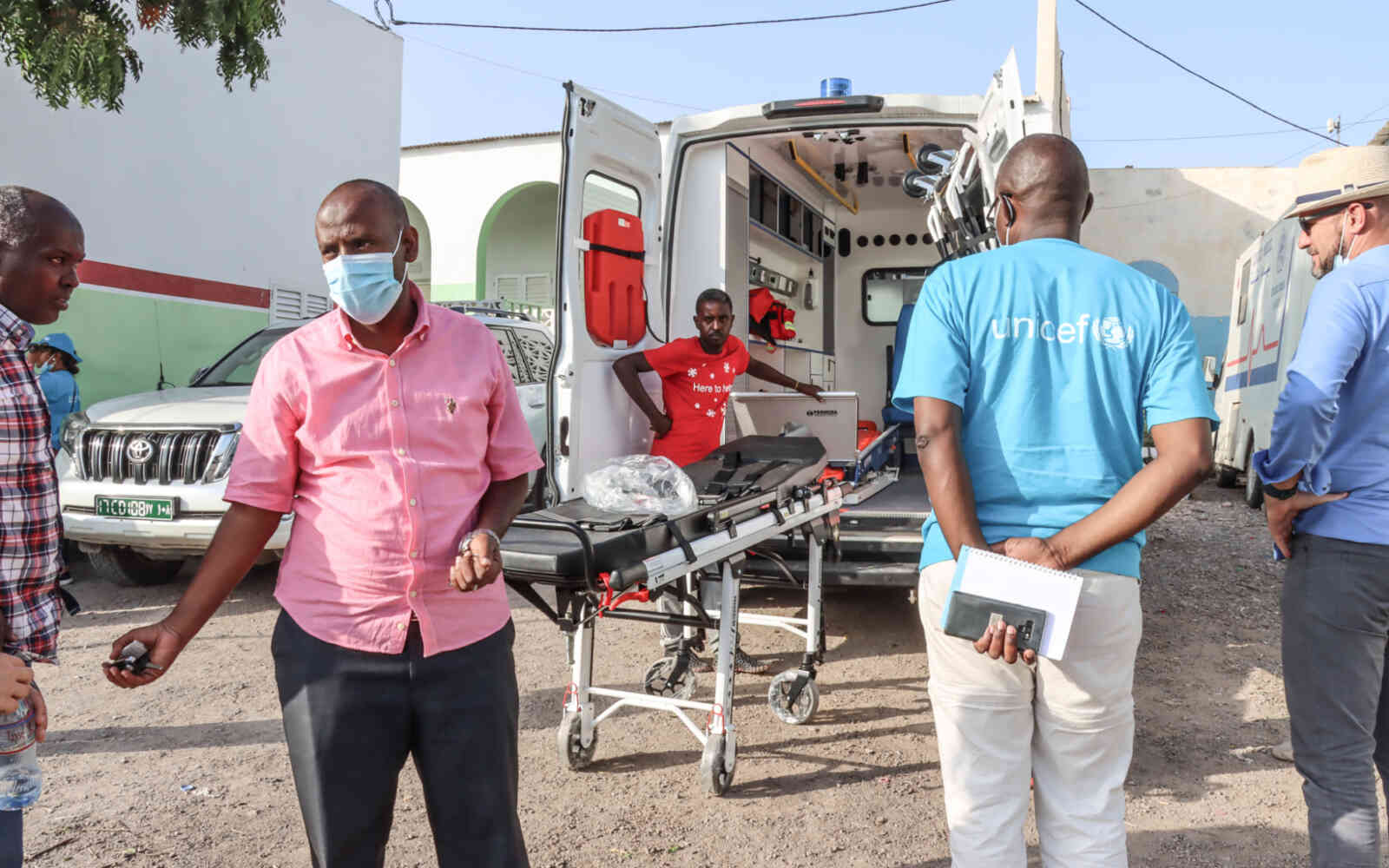The United Nations Office for Project Services (UNOPS)
Supporting crisis recovery in Somalia
The Somalia Crisis Recovery Project is supporting the recovery of livelihoods and infrastructure in flood and drought-affected areas and strengthening nationwide disaster preparedness capacity.
In late October and November 2019, low-lying areas along the Shabelle and Juba Rivers experienced substantial flooding – resulting in several deaths and significant damage to infrastructure, crops, property and livestock.
The rains impacted more than a half million people across 17 districts in 10 regions in Jubaland, Hirshabelle and Southwest States. Around 370,000 people were displaced from their homes by the flooding, which also destroyed infrastructure and farmlands, killed livestock and impaired agricultural production. In urban areas, drinking water was contaminated.
Funded by the World Bank’s International Development Association, the Somalia Crisis Recovery Project supports crisis recovery and builds longer-term resilience against natural and human-made disasters as well as promotes economic activity in the country.
As part of the project – during which flood-affected urban roads and health facilities will be constructed and rehabilitated – UNOPS is providing technical assistance to the government of Somalia. This includes supporting the Ministry of Finance's Project Implementation Unit with managing project activities at Somalia's federal government and federal member state levels.
UNOPS designed and is providing technical advice on the implementation of nine health facilities, taking into account the unique health needs of women, infants, children and adolescents. The completed facilities will help bring healthcare services closer to local communities and reduce healthcare costs.
In addition to the health facilities, UNOPS also designed and is providing technical advice on the implementation of works on five roads. The roads are key transport infrastructure that provide access to critical services and are vital for economic development and trade in the area.
State engineers will also develop and grow their technical skills with on-the-job training as they work alongside the UNOPS project team. Contractors working on the construction projects will also have the opportunity to learn from UNOPS experience with work planning, quality management, safeguarding protocols and developing back-on-track plans.















